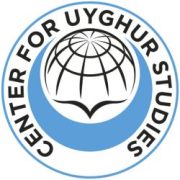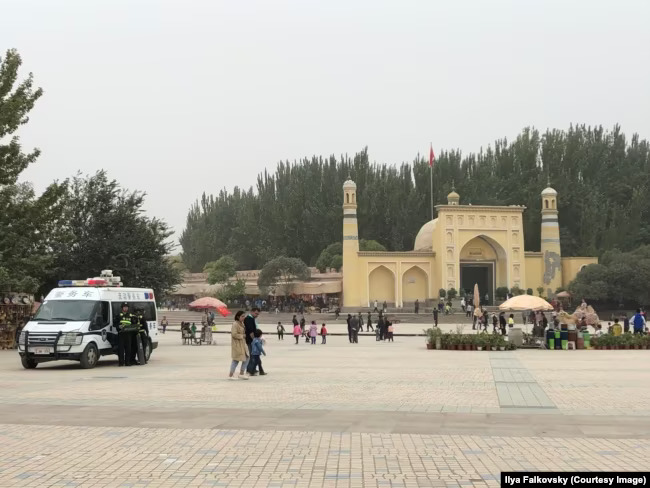By Memet Tohti Atawulla, Senior Program Officer at the Center for Uyghur Studies
Eid al-Adha, the traditional religious holiday of Muslims, is a time of overflowing joy for believers around the world. Families come together to celebrate, and the visitation of relatives and friends is a cherished aspect of this festive occasion.
As members of the Muslim world, Uyghurs have faithfully observed this tradition for centuries. Every year, they joined Muslims worldwide in celebrating Eid al-Adha, a day that filled them with pride as part of the larger Islamic family. This festive occasion represented a significant part of Uyghur culture and served as a testament to their unique identity.
Eid-al-Adha was the most anticipated day for Uyghurs, eagerly awaited by both young and old alike. The atmosphere would be filled with joy, accompanied by the melodious sounds of Sama. Long-lost relatives would reunite, friends would visit one another, and children would receive gifts from their elders. Television and radio channels would broadcast holiday programs. In essence, Eid symbolized happiness, harmony, and prosperity.
Regrettably, those days are now a thing of the past. Uyghurs are no longer able to celebrate this holiday. Despite enduring seven decades under the occupation of the atheist Chinese state, the Uyghurs have managed to preserve their Islamic identity. However, today they are confronted with a genocide perpetrated by the Chinese regime, which is waging a relentless war against Islam in East Turkestan. As a result, Uyghur Muslims are denied the freedom to celebrate Eid as they once did and are instead coerced into embracing traditional Chinese holidays.
Since 2017, the Chinese regime has established extensive concentration camps in East Turkestan, detaining millions of Uyghurs. Children have been forcibly separated from their parents, and numerous families have been torn apart. Contact with foreign countries has become a reason for detention. Consequently, Uyghurs living abroad are unable to communicate with their loved ones and friends. Today, Uyghurs abroad cannot even extend a simple “Eid Mubarak” greeting to their relatives and friends in East Turkestan.
The people of East Turkistan no longer experience the same level of joy as before. Sama can no longer be heard echoing through the streets, and smiles have become scarce. Radio and television no longer broadcast holiday shows, and children no longer receive gifts from their parents. The opportunity for relatives to gather and friends to visit has been cruelly denied. Uyghurs are deprived of the happiness that Muslims around the world are fortunate to experience during this time. Instead, they suffer within concentration camps and prisons, forced into labor in factories. Uyghur children, deprived of their parents’ care, grow up without even understanding the significance of Eid.
Today, Uyghurs cannot find solace in celebrating Eid as they once did. Their mosques have been demolished, their traditional homes destroyed, their national customs and traditions banned, and their artists imprisoned. How can a nation, unable to pray peacefully during Eid, find comfort in their own homes, freely wear Badam Doppa and Etles shirts, and sing their songs with ease, truly celebrate this holiday?
The Chinese regime has transformed East Turkestan into a police state, where individuals live under constant surveillance. The Uyghur’s ethnic and religious identity is under attack, making it impossible for them to celebrate Eid al-Adha, a fundamental part of their culture and identity.
Today, Uyghurs no longer await Eid with the same eagerness as before. Instead, they fear its arrival. The holiday no longer brings them joy but rather pain and nostalgia. Uyghurs now find themselves envious of the joy experienced by other Muslims during this festive season. They long for a happy holiday like theirs, but despite their efforts, they are unable to attain it. They stand as the only Muslim nation in today’s world unable to celebrate Eid.
*The article was first published on Uyghur Times on June 29, 2023
Copyright Center for Uyghur Studies - All Rights Reserved

